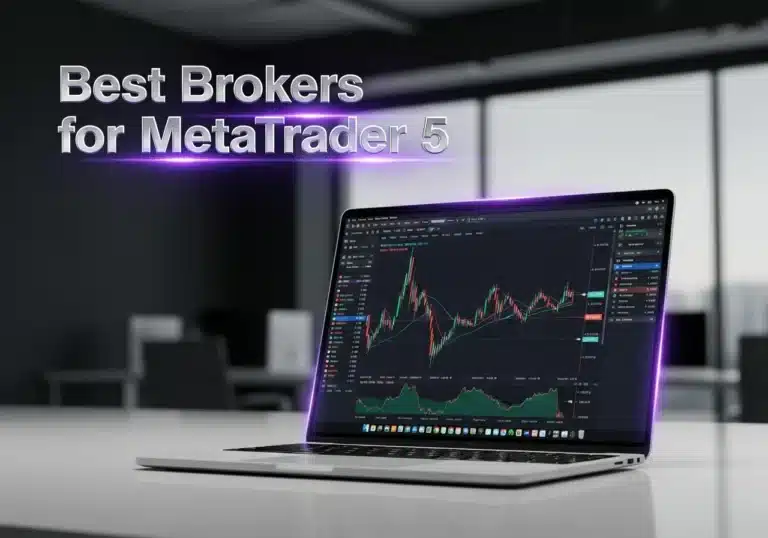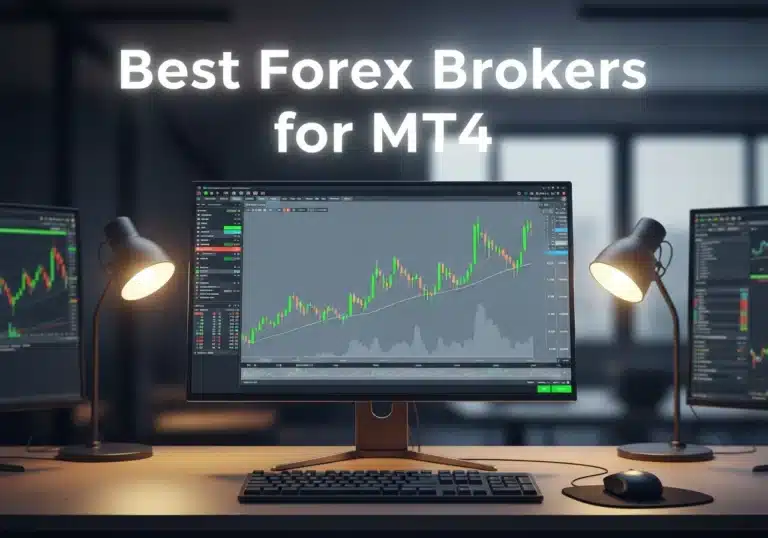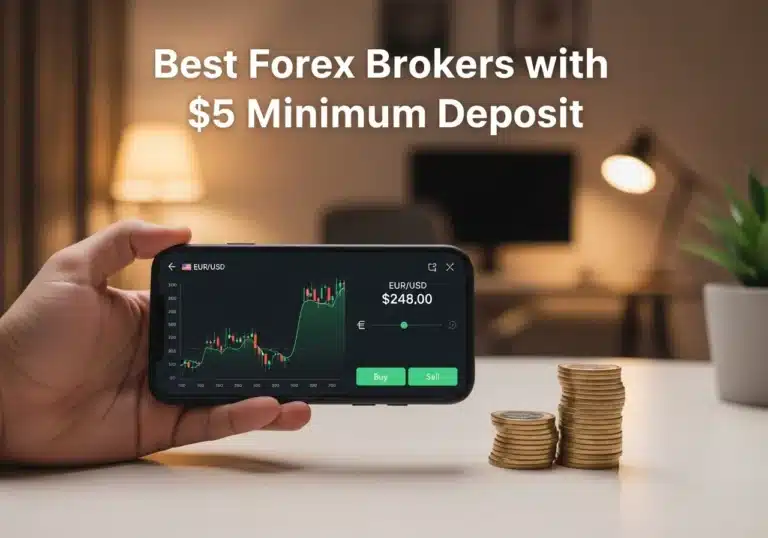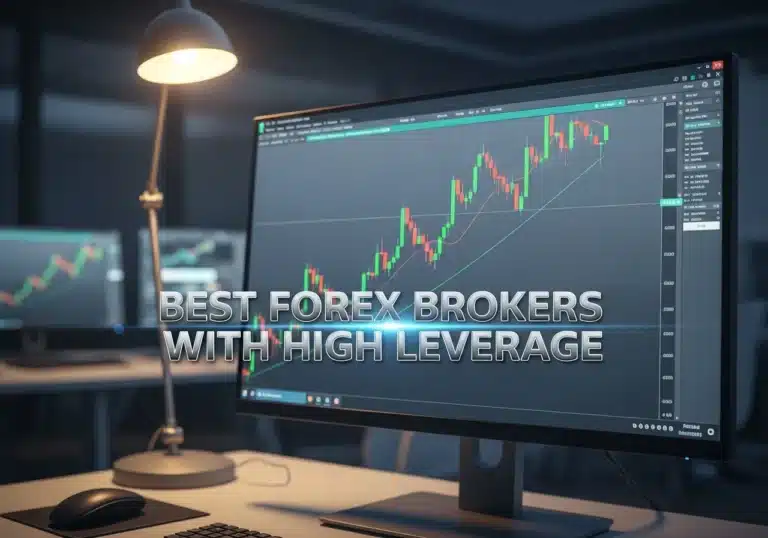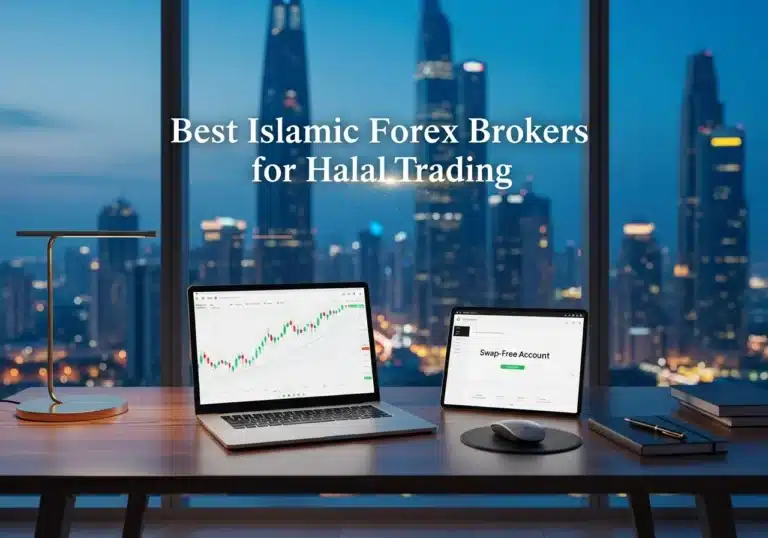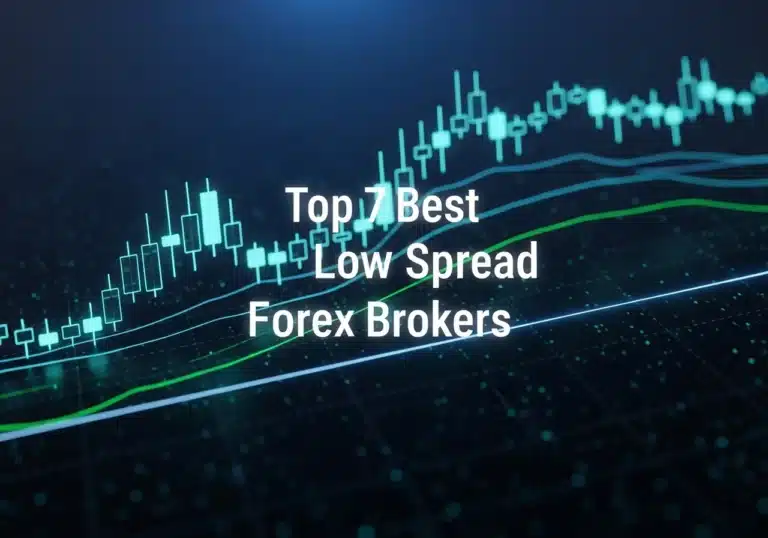Market makers are financial entities or individuals that facilitate trading in financial markets by providing liquidity. In the forex market, they act as intermediaries between buyers and sellers, ensuring that there is always a counterparty available for a trade. Market makers, often associated with a broker for forex trading, continuously quote both the buy (bid) and sell (ask) prices for a currency pair, enabling smooth and efficient trading. This continuous quoting is crucial for maintaining an active and liquid market, which is essential for the functioning of forex trading.

Role of Market Makers in Forex
Market makers play a crucial role in the forex market by providing liquidity and price quotes. This means they are always ready to buy or sell a currency at publicly quoted prices. Their primary functions include:
- Liquidity Provision: By constantly offering to buy and sell currencies, market makers ensure that traders can enter and exit positions with ease, reducing the likelihood of significant price fluctuations due to lack of liquidity. This stability is vital for traders, especially in times of market stress or high volatility.
- Price Quotes: Market makers determine the prices at which they are willing to buy and sell currencies. These prices are influenced by various factors, including supply and demand, economic indicators, and geopolitical events. Their pricing models are sophisticated, taking into account current market conditions, historical data, and predictive analytics to set competitive prices.
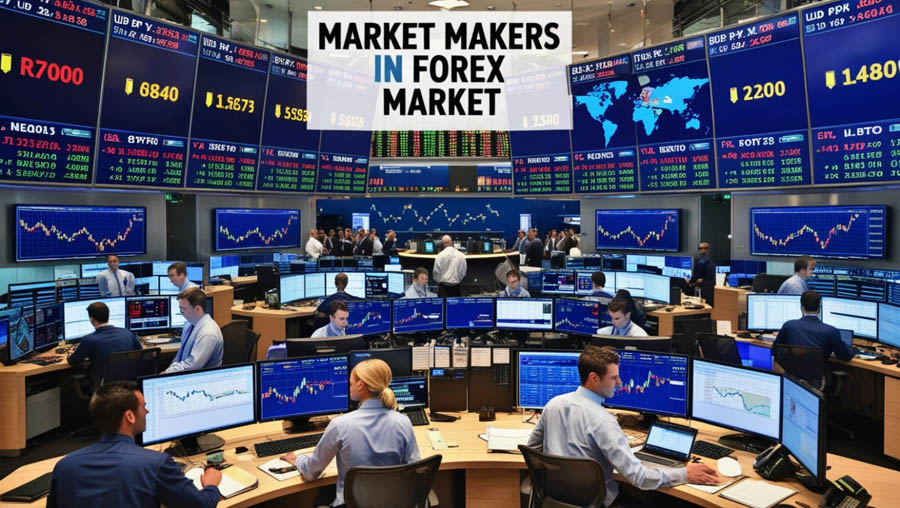
Examples of Market Makers in Forex
Market makers in the forex market include large banks, financial institutions, and specialized trading firms. Some of the prominent examples are:
- Banks: Major banks such as JPMorgan Chase, Citibank, and HSBC are among the largest market makers in the forex market. They have extensive resources and access to market information, enabling them to provide competitive bid-ask spreads. These banks leverage their global presence and deep pockets to influence the forex market significantly.
- Non-Banking Institutions: There are also non-banking institutions like hedge funds and proprietary trading firms that act as market makers. These entities use sophisticated algorithms and trading strategies to provide liquidity and manage risk. Firms like Virtu Financial and Citadel Securities are well-known for their market-making activities across various financial markets, including forex.
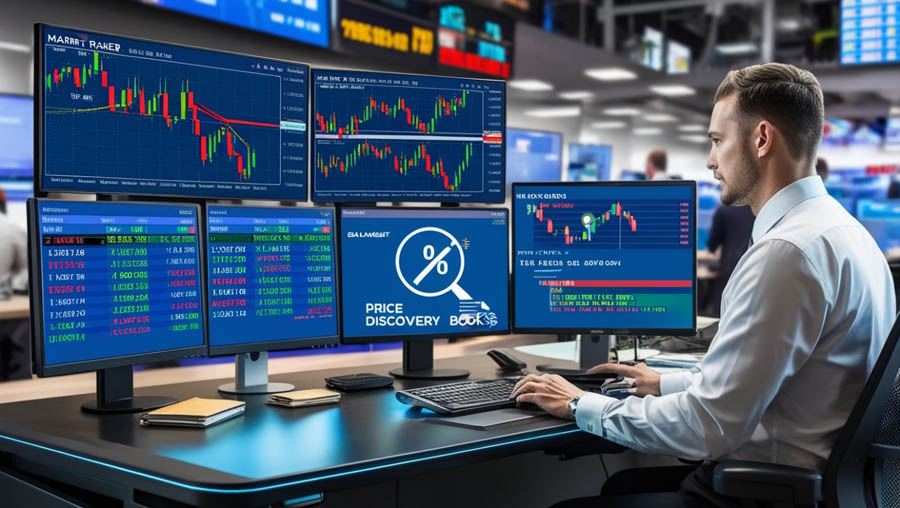
How Market Makers Work in Forex
Bid-Ask Spread and Market Maker Profits
Market makers in the forex market derive their profits primarily through the bid-ask spread. This spread is the difference between the buying price (bid) and the selling price (ask) that the market maker quotes for a currency pair. For instance, if a market maker quotes a bid price of 1.2000 and an ask price of 1.2002 for EUR/USD, the spread is 2 pips. This spread is the market maker’s reward for providing liquidity and taking on the risk of holding a currency position.
The bid-ask spread can vary significantly depending on market conditions. During periods of high liquidity and stability, the spread tends to be narrower, making trading less costly for participants. Conversely, in times of low liquidity or high volatility, spreads can widen, increasing the costs of trading. Market makers must carefully manage these spreads to remain competitive while ensuring profitability.
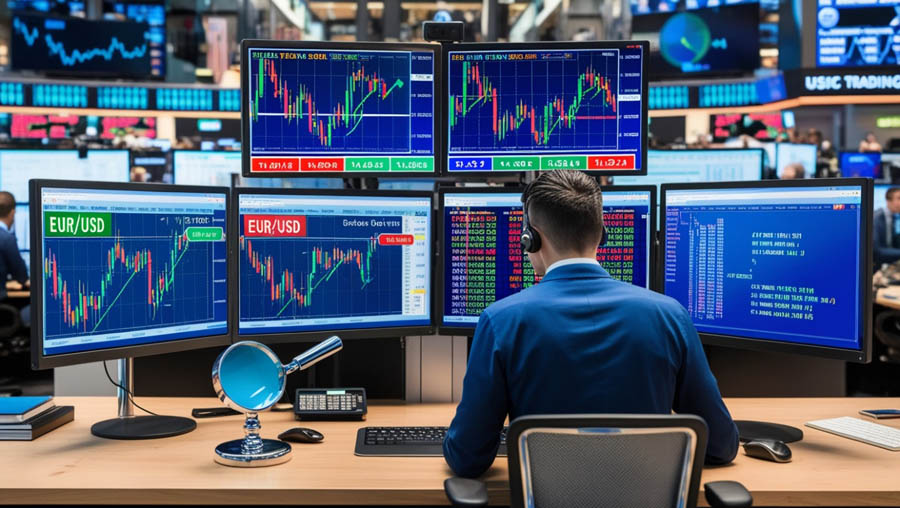
Read More: The Smart Money Concept (SMC) Explained
Order Book Management
Order book management is a critical function of market makers. The order book is a dynamic record of all outstanding buy and sell orders for a particular currency pair. Effective management of the order book allows market makers to balance supply and demand, execute trades efficiently, and maintain market liquidity. Key components of order book management include:
- Order Matching: Market makers use sophisticated algorithms to match buy and sell orders from various market participants. This ensures that trades are executed swiftly and at prices reflecting the current market conditions.
- Liquidity Provision: By maintaining an orderly and balanced order book, market makers can provide continuous liquidity, which is essential for the smooth operation of the forex market. They must ensure that there is always enough liquidity to fill market orders and avoid significant price slippage.
- Inventory Management: Market makers must carefully manage their inventory of currency positions. They need to balance their holdings to mitigate risks associated with large, unhedged positions. This often involves continuously adjusting positions to align with market trends and trading volumes.
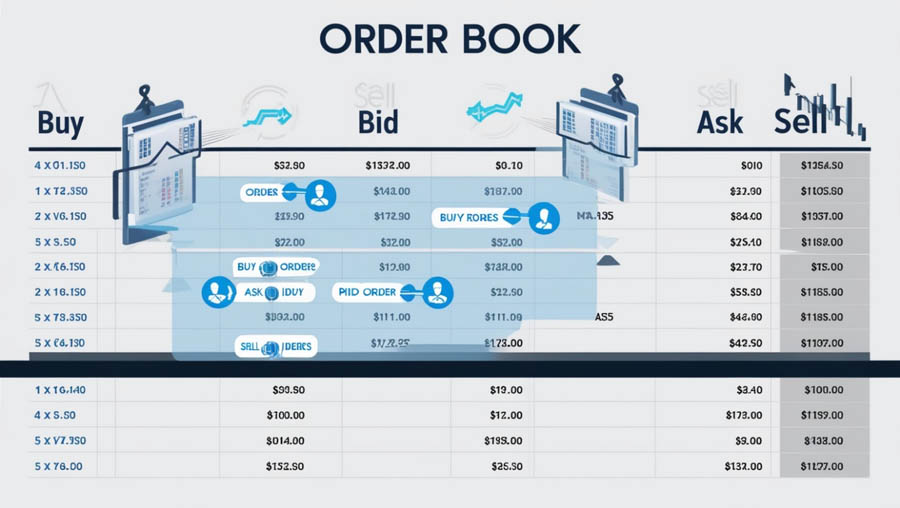
Market Making Strategies
Market makers employ various strategies to ensure they can provide liquidity while managing risk and maximizing profitability. Some of these strategies include:
- Dynamic Spread Management: Market makers continuously adjust their bid-ask spreads in response to changing market conditions. For instance, during periods of high volatility, they might widen spreads to compensate for increased risk, while narrowing spreads during stable periods to attract more trading volume.
- Passive vs. Active Market Making: Passive market making involves providing liquidity by placing limit orders that are not immediately marketable, while active market making involves taking a more proactive approach by executing trades to balance inventory and capture arbitrage opportunities.
- Order Flow Analysis: By analyzing the flow of orders in the market, market makers can gain insights into supply and demand dynamics. This helps them make informed decisions about where to set bid and ask prices and how to manage their positions.
- Algorithmic Trading: Many market makers use algorithmic trading systems to automate the process of providing liquidity and managing risk. These algorithms can execute trades based on pre-defined criteria, allowing market makers to respond quickly to market movements and optimize their trading strategies.
The Role of Technology in Market Making
Technology plays a vital role in the operations of modern market makers. Advanced trading platforms, high-speed data feeds, and sophisticated risk management tools enable market makers to operate efficiently and effectively in the fast-paced forex market. Some key technological components include:
- High-Frequency Trading (HFT): High-frequency trading systems allow market makers to execute a large number of trades in milliseconds. This speed is crucial for capturing small price discrepancies and providing continuous liquidity.
- Real-Time Data Analysis: Market makers rely on real-time data feeds to monitor market conditions and make informed decisions. These data feeds provide up-to-the-second information on prices, trading volumes, and market sentiment.
- Risk Management Systems: Advanced risk management tools help market makers monitor their exposure and implement hedging strategies to mitigate potential losses. These systems can automatically adjust positions and execute trades to maintain a balanced portfolio.
- Artificial Intelligence (AI) and Machine Learning (ML): AI and ML technologies are increasingly being used to enhance market making strategies. These technologies can analyze vast amounts of data to identify patterns and predict market movements, allowing market makers to optimize their trading algorithms and improve profitability.
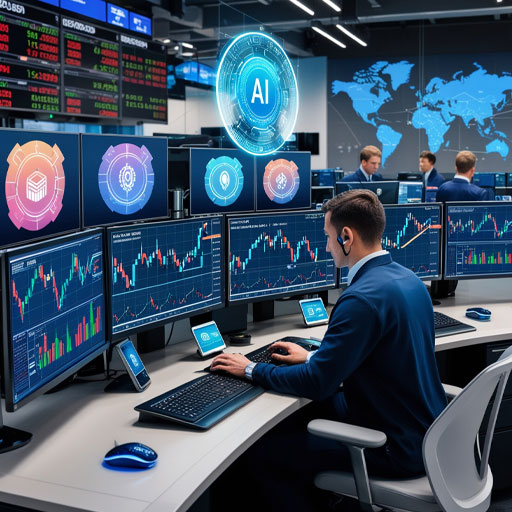
Read More: Identify Liquidity in Forex
The Importance of Market Makers in Forex
Market makers play a crucial role in the forex market, offering several key benefits that enhance market efficiency and stability:
- Increased Liquidity: Market makers ensure continuous liquidity by providing buy and sell quotes for currency pairs. This availability allows traders to execute transactions swiftly without causing significant price fluctuations, thereby maintaining a stable market environment.
- Tighter Spreads: By quoting competitive bid-ask spreads, market makers reduce trading costs for participants. This benefit is particularly advantageous for high-frequency traders and those executing large trades, as tighter spreads enhance trading affordability and attractiveness.
- Price Stability: Market makers stabilize prices by managing supply and demand imbalances. Through strategic adjustments in their pricing, they mitigate extreme volatility, promoting smoother and more predictable price movements in the market.
- Efficient Price Discovery: Continuous quoting by market makers aids in accurate price discovery. By reflecting real-time market conditions in their quotes, market makers contribute to transparent and reliable price information, enabling traders to make well-informed decisions.
- Continuous Market Operation: Market makers operate actively throughout the trading day, ensuring liquidity availability 24 hours a day. This commitment supports uninterrupted trading activity, even during off-peak hours or in less-traded currency pairs, enhancing overall market accessibility and functionality.
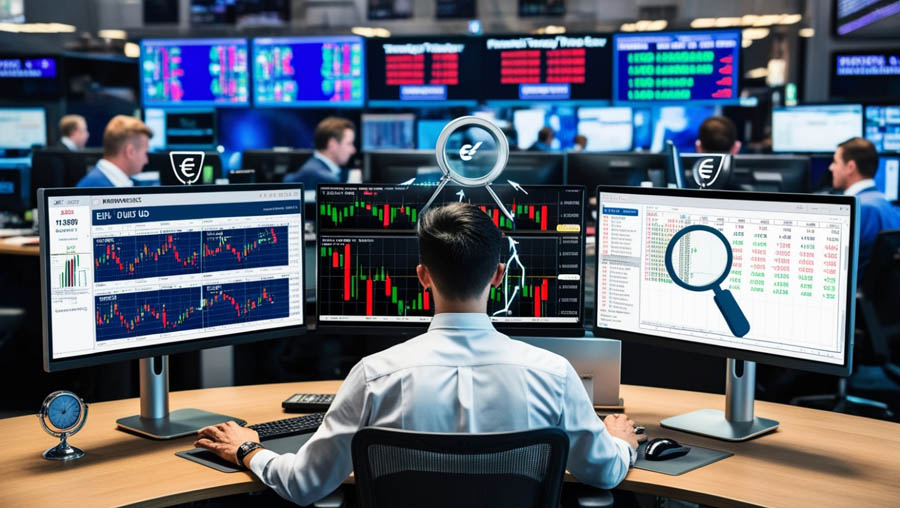
Potential Drawbacks of Market Maker Activity
While market makers are essential for liquidity and stability in the forex market, they come with potential drawbacks that traders should consider:
- Conflict of Interest: Market makers act as both counterparties to trades and providers of liquidity, which can create conflicts of interest. During volatile periods, they may widen spreads to protect their positions, increasing trading costs for participants.
- Price Manipulation: Market makers may engage in practices like widening spreads, quote stuffing, or front running to manipulate prices in their favor. These actions can undermine market fairness and transparency, disadvantaging traders.
- Dependency Risks: The forex market relies heavily on market makers for liquidity. Disruptions to their operations, whether due to technical issues or market conditions, can destabilize the market. Traders should be aware of this dependency and its potential impacts on market stability.
Enhancing Market Integrity
To address these potential drawbacks and enhance market integrity, regulatory bodies and market participants implement several measures:
- Regulation and Oversight: Regulatory authorities, such as the Financial Conduct Authority (FCA) in the UK and the Commodity Futures Trading Commission (CFTC) in the US, impose rules and guidelines on market makers to ensure fair and transparent practices. These regulations include requirements for reporting, transparency, and adherence to best execution standards.
- Technological Advancements: Advances in technology, such as blockchain and distributed ledger technology, can enhance transparency and reduce the potential for price manipulation. These technologies provide real-time, immutable records of transactions, making it easier to detect and prevent fraudulent activities.
- Alternative Liquidity Providers: The rise of electronic communication networks (ECNs) and algorithmic trading platforms provides alternative sources of liquidity. These platforms connect buyers and sellers directly, reducing the market’s dependency on traditional market makers and enhancing competition.
The Balance of Benefits and Drawbacks
Despite potential drawbacks, market makers provide indispensable benefits to the forex market. Their continuous liquidity, tighter spreads, price stability, and efficient price discovery are crucial for a healthy trading environment. However, vigilance from market participants and regulators is necessary to address conflicts of interest and manipulative practices, ensuring fair and transparent market operations.
How Market Makers Affect Forex Traders
Impact on Order Execution
Market makers significantly influence order execution in the forex market. Some of the key impacts include:
- Slippage: Slippage occurs when a trader’s order is executed at a different price than expected. This can happen if there is a sudden price movement or if the market maker adjusts their quotes before the order is filled. Slippage can be costly, especially for high-frequency traders and those using tight stop-loss orders.
- Requotes: Requotes occur when a market maker is unable to execute an order at the quoted price and offers a new price instead. This can be frustrating for traders, especially during volatile market conditions. Requotes can delay trade execution and result in missed trading opportunities.
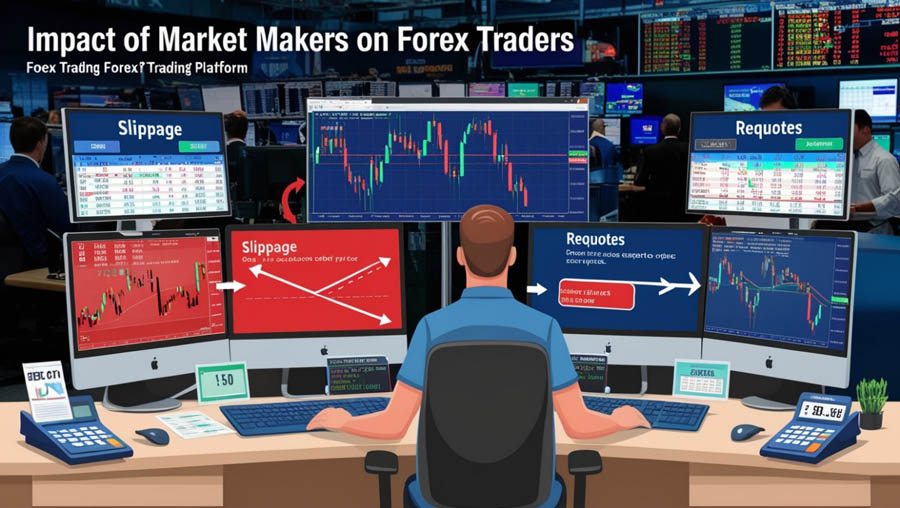
Trading Strategies for Navigating Market Maker Activity
Forex traders can adopt several strategies to navigate market maker activity effectively:
- Understanding Spreads: Traders should be aware of the bid-ask spreads and choose currency pairs with tighter spreads to reduce trading costs. Monitoring the spread and trading during times of high liquidity, such as during major market sessions, can help minimize trading expenses.
- Monitoring Market Conditions: By keeping an eye on market conditions and economic events, traders can anticipate price movements and adjust their strategies accordingly. Staying informed about major news releases, geopolitical events, and market sentiment can help traders make better decisions.
- Using Limit Orders: Limit orders allow traders to specify the price at which they want to buy or sell a currency. This helps avoid slippage and ensures better control over trade execution. Limit orders are particularly useful in volatile markets, where prices can change rapidly.
Read More: Who Are the Main Players in the Forex Market ?
The Future of Market Making in Forex
Rise of Electronic Communication Networks (ECNs)
Electronic Communication Networks (ECNs) have transformed the forex market by providing an alternative to traditional market makers. ECNs match buy and sell orders from multiple market participants, offering greater transparency and reduced spreads. This development has increased competition and improved trading conditions for forex traders. ECNs also provide traders with access to a broader range of liquidity providers, enhancing price discovery and reducing trading costs.
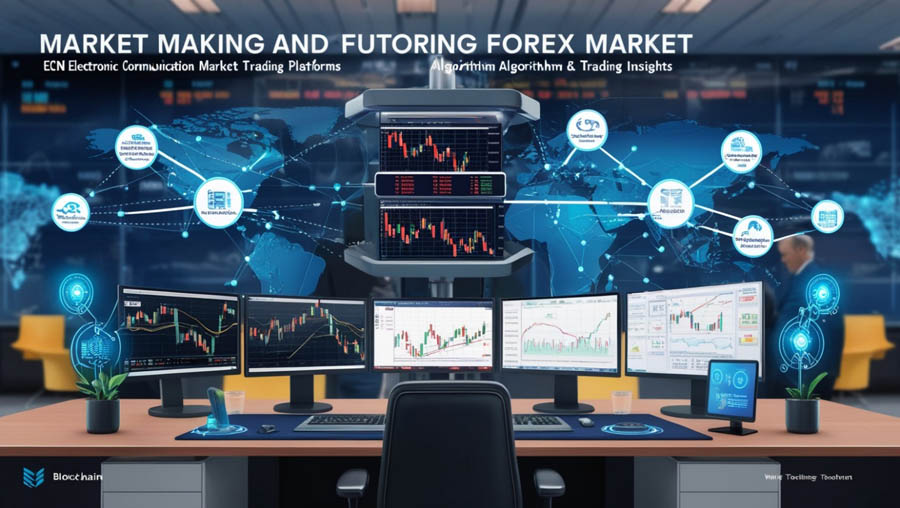
Algorithmic Market Making
Algorithmic trading and market making have become increasingly prevalent in the forex market. Advanced algorithms analyze market data and execute trades at high speeds, providing liquidity and tightening spreads. Algorithmic market makers can also adjust their strategies in real-time based on market conditions, enhancing efficiency. These algorithms use complex mathematical models and machine learning techniques to predict market movements and optimize trading strategies.
Impact of Technology on Market Maker Role
Technological advancements continue to reshape the role of market makers in the forex market. The use of artificial intelligence (AI) and machine learning (ML) allows market makers to process vast amounts of data and make more informed decisions. Additionally, blockchain technology has the potential to increase transparency and reduce the risk of price manipulation in the forex market. These technologies can improve the accuracy of price quotes, reduce trading costs, and enhance market efficiency.
Conclusion
Market makers play a vital role in the forex market by providing liquidity, setting prices, and facilitating trade execution. They ensure that traders can buy and sell currencies with ease, contributing to the market’s overall efficiency and stability. However, market makers also pose certain risks, such as conflicts of interest and potential price manipulation. Traders must be aware of these risks and adopt strategies to navigate market maker activity effectively. The future of market making in forex is set to be influenced by technological advancements, including ECNs, algorithmic trading, and AI. These innovations promise to enhance market transparency, reduce trading costs, and improve the overall trading experience for forex participants.
What is the difference between a market maker and an ECN?
A market maker provides liquidity by quoting both buy and sell prices and is always ready to take the opposite side of a trade. In contrast, an Electronic Communication Network (ECN) matches buy and sell orders from various market participants, offering direct access to the interbank market and typically providing tighter spreads and greater transparency.
How do market makers manage risk in volatile markets?
Market makers manage risk in volatile markets by using hedging strategies, such as taking offsetting positions in different currency pairs or using financial derivatives like options and futures. This helps them mitigate exposure to adverse price movements and maintain stable profits.
Can retail traders benefit from market maker activity?
Yes, retail traders can benefit from market maker activity as it ensures liquidity and competitive pricing in the forex market. Market makers help reduce the bid-ask spreads, making it more cost-effective for retail traders to enter and exit positions.


